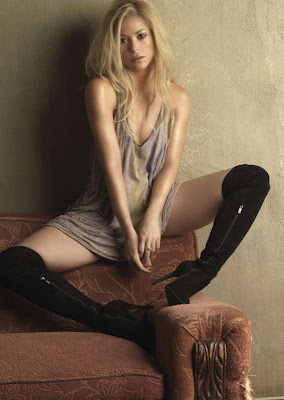
There are few events during my lifetime that have had the national attention like the 1972 hockey series between Canada and the USSR. Sure the Kennedy assassination, the first moonwalk, the Canadian centennial, 9/11 attack and the Vancouver Olympics were significant events but I have never seen the country literally stop like it did for the Summit Series.
Today is the 40th anniversary of game 1. I remember the hype but what dominated the country was this feeling of confidence, even smugness. We were going to roll right over the Russians. After all they were amateurs play professionals. They weren't playing the nobodies we send to the Olympics and Worlds at that time. These were Canada's best.
I watched game 1 in my family room with a crowd of friends from camp and school who came to celebrate Canada's anticipated triumph. Everything was going according to the script when Canada scored on the first scoring chance of the game just 30 seconds into the action. Phil Esposito, who seconds earlier enthusiastically won the ceremonial faceoff, potted a Frank Mahovlich rebound past a flopping Russian goalie named Vladislav Tretiak.
By the 6:32 mark Canada upped the score to 2-0 when Paul Henderson wired a hard, but seemingly harmless shot to Tretiak's far side. Tretiak looked awkward as he feebly attempted to knock down the puck.
The predicted rout was on. The party was on. We were high-fiving each other and predicting 8 wins for Canada.
The Soviets settled their nerves after falling behind early. They began to play their game of wonderful passing and skating. The overconfident Canadians eased up, and, as the initial awestruck feeling eased away, the Soviet players took full advantage.
Evgeny Zimin, a miniature speed demon, took a pass from Alexander Yakushev and beat Ken Dryden at 11:40. Before the period was over the Soviets scored a back-breaking goal while killing a Canadian power play. The great Vladimir Petrov scored as he easily tapped a Boris Mikhailov rebound past Dryden.
The score was tied at 2. It was very quiet in my house. The Soviets went on to simply dominate the second half of the period. They mesmerized the unsuspecting Canucks with their precision playmaking, effortless skating, and intricate and inventive offense.
The Soviets continued to impress their opponents and the increasingly quiet Montreal Forum faithful in the second period. Specifically the electrifying Valeri Kharlamov impressed the most. Considered by many to be the greatest Soviet player of all time, Kharlamov scored twice in the middle frame. His explosive speed and scoring ability made him a household name in Canada after that fine period of play.
The rout was still on, but definitely not as predicted.
The Canadians came out in the third period and played their best hockey in the opening 10 minutes, creating several scoring chances only to be foiled by the amazing Tretiak. The scouting reports were wrong about Tretiak -- not only could he stop the puck, but time would prove he was one of the all-time greats.
The Russians used their advantages to their fullest extent. They were a team in the truest sense of the word. They had been playing and practicing together for months, not weeks like the Canadian players, and it showed. They were also incredibly better conditioned -- they trained year round, while the Canadians enjoyed their summers of beer and golf and relied on training camp to get back into playing shape.
When it was all over the USSR beat Canada 7-3 and killed the myth about Canada's hockey supremacy. Valeri Kharlamov was the game MVP for Russia and it was obvious he could step into the NHL and be a star player. Bobby Clarke was Canada's MVP. The cockiness was gone from Canada. Canadians would be biting their nails the rest of the series.




































